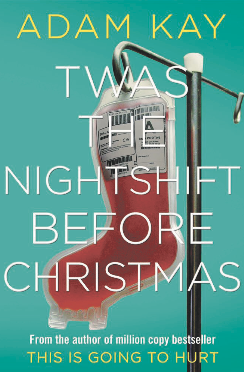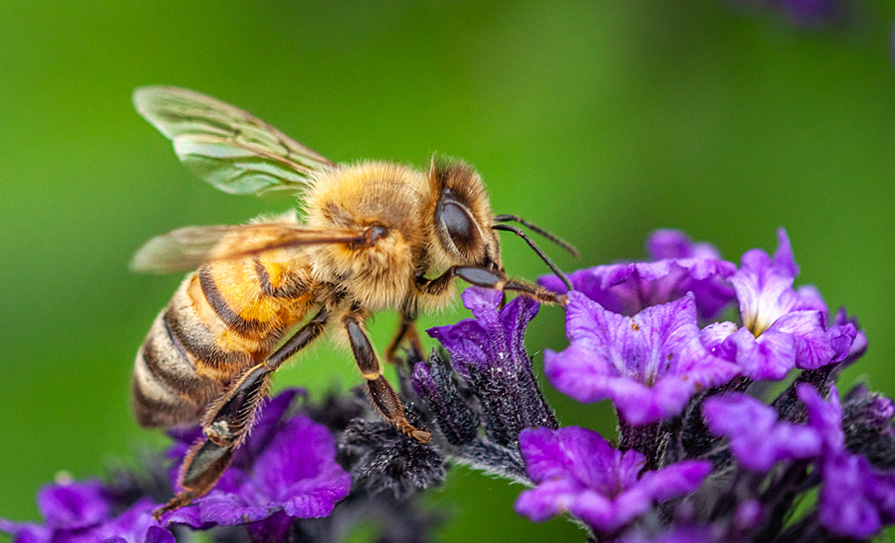No more needs be said about the benefits to mind and body of a break. The literature on the topic is extensive, but Christmas has particularly beneficial properties for the average person. The whole season kindles memories of Christmas past, of loved ones both here and passed on, and we get to re-experience the joy of the holiday vicariously through the innocence of children. The benefits are deeper than simply ‘time off work’. There is research into this particular field, but as the saying goes, you don’t need a study to know that you have a better chance of survival if you jump out of a plane with a parachute, rather than without one.
Many’s the psychologist will tout the benefits of simple rituals, such as exchanging gifts, carving the bird, or whatever other traditions we might hold to. They help to ‘ground’ us and help us reconnect with ourselves and each other, providing a sense of belonging.
Odours are also powerful memory stimulants, and the smell of that turkey and ham while we pull a cracker with loved ones can instantly transport us back decades in time. Of course, Christmas can be a sad and painful time for some people and can put a strain on their mental health. Special appreciation should go to those who support these people in their seasonal anguish, whether they are healthcare professionals or not.
There are anecdotal studies and surveys to suggest putting up Christmas decorations early can provide a psychological boost and improve mood and energy levels. For this tidbit of information, I’m unapologetically using data from the American Christmas Tree Association. I’m sure they have branches everywhere.
Better to give than receive

Everybody likes to get a gift, but there is also research out there to suggest that it really is better to give than to receive. According to the American Psychological Association, giving a gift or donating money to charity creates more interaction between the areas of the brain that are associated with processing social information and feeling pleasure. fMRI showed that study participants who spent money on others (they had the choice to spend it on themselves) had more generous and fair interactions with other people, and also reported higher levels of happiness after the experiment was finished.
Compared to winning or receiving rewards or money, giving gifts activates pathways in the brain that release the neuropeptide oxytocin and engender feelings of trust, safety, and connection.
If you were thinking of a gift for the medically-minded in your life, you could do worse than give them a copy of the book Twas the Nightshift Before Christmas, by doctor-turned-comedian Adam Kay. It chronicles his travails as a young doctor and is broken into 25 anecdotes from his time in an obstetrics and gynaecology ward during a succession of Christmas shifts.













Leave a Reply
You must be logged in to post a comment.